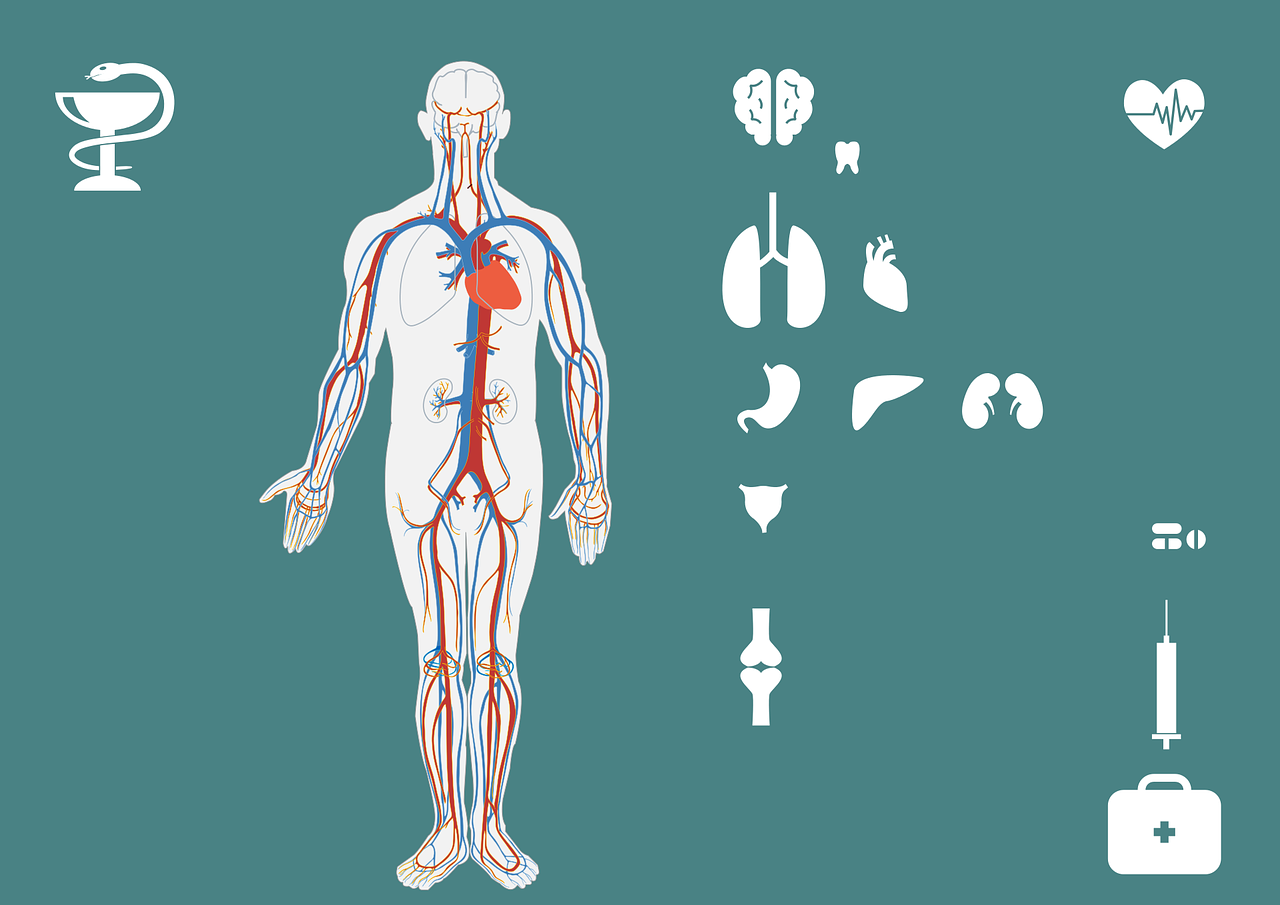新冠疫情简况英文(新冠疫情简况英文翻译)
新冠疫情简况英文
Introduction
The COVID-19 pandemic, officially declared by the World Health Organization (WHO) on March 11, 2020, has had a profound impact on global health, economy, and society. This article provides a comprehensive overview of the pandemic, including its origins, spread, impact, and the measures taken by governments and international organizations to contain it.
Origins of COVID-19
The SARS-CoV-2 virus, which causes COVID-19, is a highly contagious respiratory illness that originated in China's Hubei province in late 2019. The virus was first identified in a cluster of pneumonia cases in Wuhan, the capital of Hubei province. Early cases were linked to a wet market in Wuhan that sold live animals, leading to the theory that the virus might have originated from bats and was transmitted to humans through an intermediary host such as pangolins.
Spread of the Virus
The virus quickly spread globally through human-to-human transmission. By March 2020, it had reached all continents except Antarctica. The initial wave of infections was characterized by exponential growth in cases, particularly in densely populated urban areas with weak healthcare systems. The pandemic's rapid spread was fueled by international travel and trade, as well as the failure of some governments to implement effective containment measures.
Impact on Health
COVID-19 primarily affects the respiratory system, causing symptoms such as fever, cough, and difficulty breathing. In severe cases, it can lead to pneumonia, acute respiratory distress syndrome (ARDS), and multi-organ failure, with a high mortality rate among the elderly and those with underlying health conditions. The virus has also been linked to long-term health issues such as heart damage and neurological disorders.
Economic Impact
The pandemic has had a severe impact on the global economy. Lockdowns and travel restrictions have led to a sharp decline in economic activity, with many businesses forced to close and unemployment rates rising. The service sector, particularly tourism and hospitality, has been severely affected. Additionally, supply chain disruptions have caused shortages of essential goods and services.
Social Impact
The pandemic has also had a significant impact on society. It has disrupted daily life, with people forced to adapt to new ways of working, learning, and socializing. The closure of schools and universities has led to a shift towards online education, while social distancing measures have made it difficult for people to maintain relationships and engage in recreational activities. The pandemic has also highlighted inequalities in access to healthcare and essential services.
Government Responses
Governments around the world have implemented various measures to contain the spread of the virus and mitigate its impact. These include:

1、Lockdowns and Travel Restrictions: Governments imposed lockdowns and travel restrictions to reduce the rate of infection. These measures have been effective in some countries but have also caused economic and social disruption.
2、Healthcare System Strengthening: Governments have invested in strengthening healthcare systems to increase testing, contact tracing, and treatment capacity. This has helped to reduce mortality rates and improve patient outcomes.
3、Vaccine Development and Distribution: The development of vaccines has been a key breakthrough in the fight against COVID-19. Governments have worked with pharmaceutical companies to secure supplies and distribute vaccines equitably. However, challenges remain in ensuring access for low-income countries.
4、Economic Stimulus Measures: Governments have implemented economic stimulus measures such as tax relief, unemployment benefits, and loan guarantees to support businesses and individuals affected by the pandemic.
5、Public Information Campaigns: Governments have launched public information campaigns to raise awareness about the virus and encourage people to follow public health measures such as social distancing and wearing masks.
International Cooperation

The pandemic has highlighted the need for international cooperation and collaboration. The WHO has played a leading role in coordinating the global response to COVID-19, providing guidance on public health measures and supporting member states in their efforts to contain the virus. Additionally, international organizations such as the International Monetary Fund (IMF) and the World Bank have provided financial assistance to countries affected by the pandemic.
Challenges and Future Considerations
Despite the progress made in containing the virus, several challenges remain. These include:
1、Vaccine Inequity: Access to vaccines remains unequal, with low-income countries facing challenges in securing supplies and distributing them effectively. This has led to calls for greater global cooperation in vaccine distribution.
2、New Variants: The emergence of new variants of the virus has posed additional challenges for public health measures. These variants may be more contagious or resistant to existing treatments and vaccines.
3、Long-term Health Effects: The long-term health effects of COVID-19 are still being studied, but evidence suggests that some individuals may experience lingering symptoms or long-term complications. This highlights the need for continued research and support for those affected by the virus.

4、Economic Recovery: The global economy remains fragile, with many businesses struggling to recover from the pandemic's impact. Governments must continue to implement policies that support economic growth and job creation while also addressing social inequalities that have been exacerbated by the crisis.
5、Public Health Preparedness: The pandemic has highlighted the need for improved public health preparedness and response systems globally. This includes investing in research and development of new vaccines and treatments, strengthening healthcare systems, and improving communication between governments and public health organizations.
Conclusion
The COVID-19 pandemic has had a profound impact on global health, economy, and society. Despite significant progress in containing the virus through vaccination and public health measures, challenges remain in addressing vaccine equity, new variants, long-term health effects, economic recovery, and public health preparedness. Continued international cooperation and collaboration are essential to overcoming these challenges and building a more resilient global health system for the future.





还没有评论,来说两句吧...